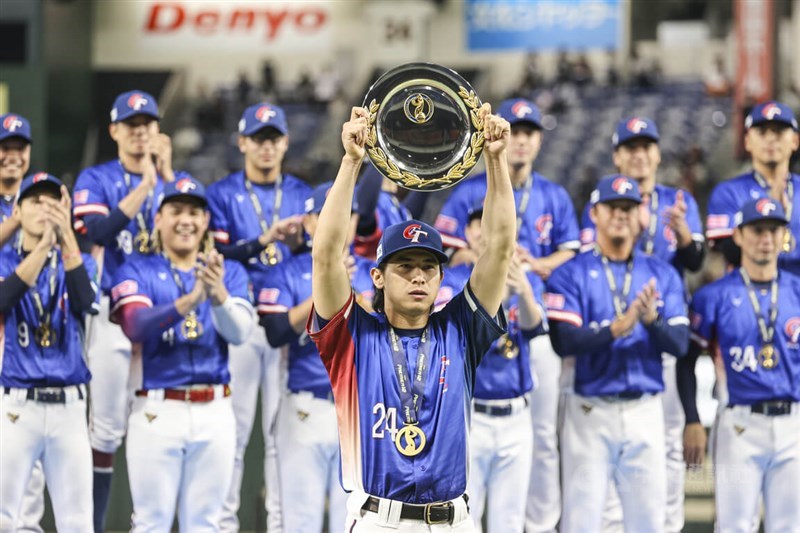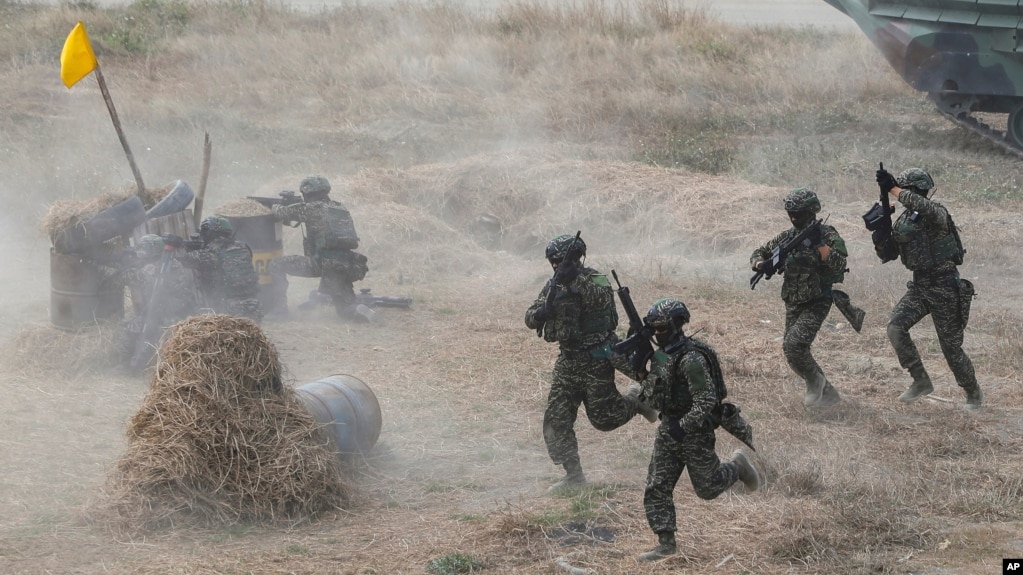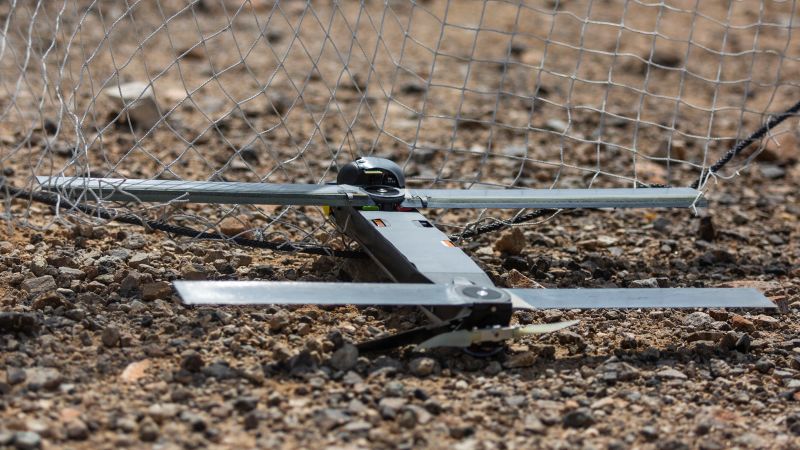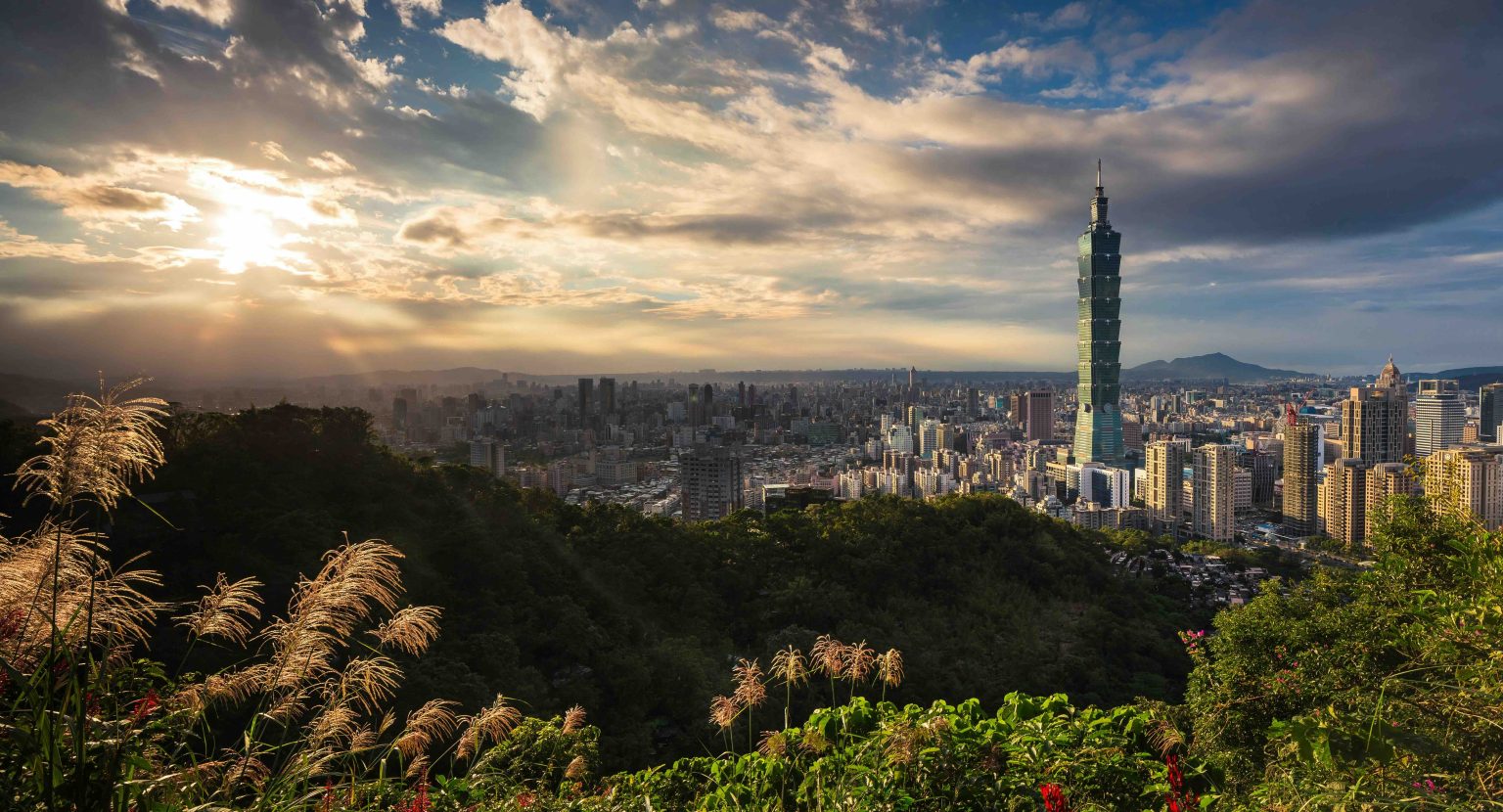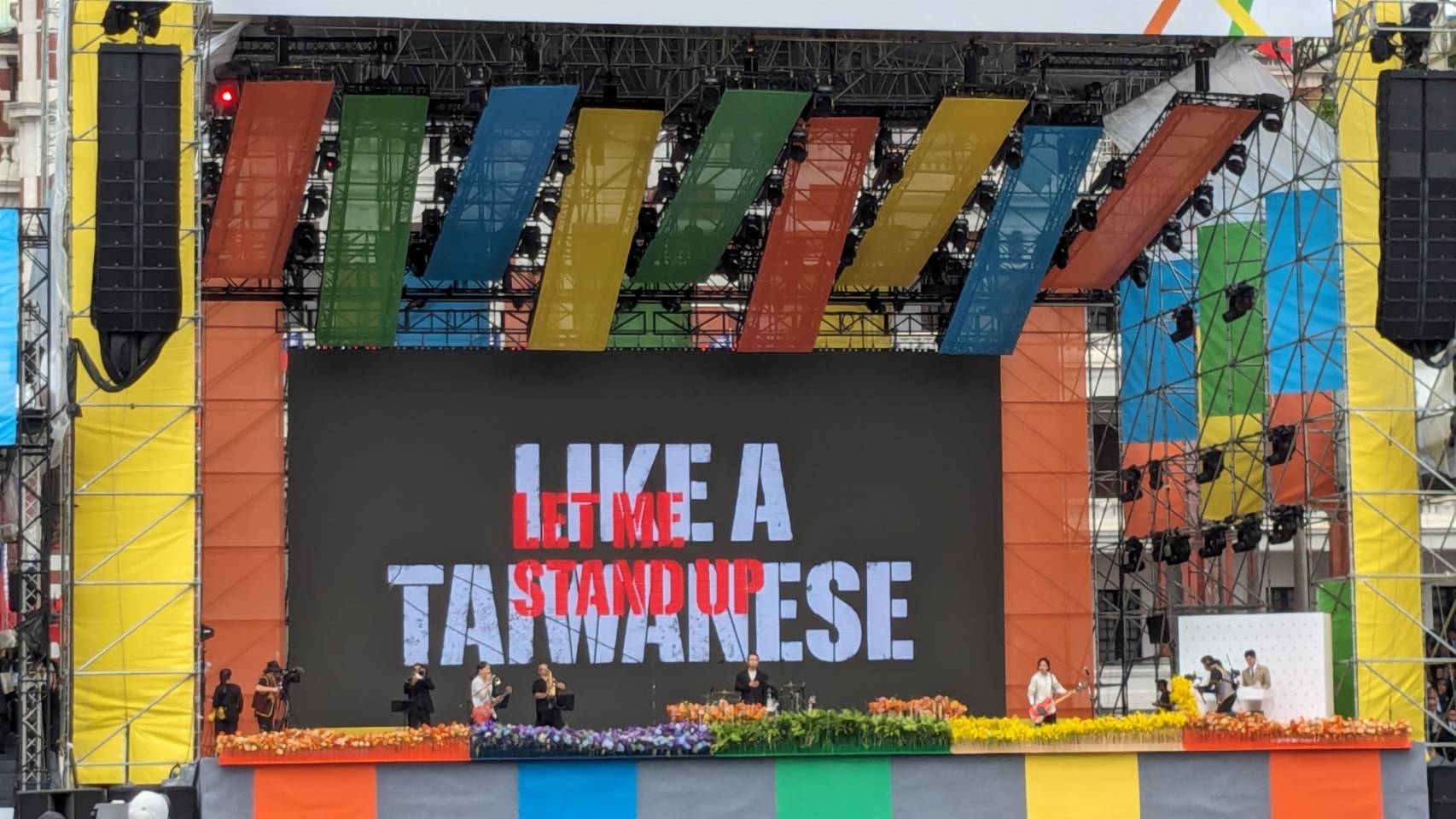How Taiwan overtook America
A lot has changed over the past 30 years as
Taiwan
has transitioned from a dictatorship to a vibrant democracy.
In
Taiwan
power is handed over peacefully while it's no longer a certainty in the US.
In Taiwan, guns are illegal. In America, guns are
a leading cause of death to children.
My husband and I are not convinced we want to stay in Taiwan forever, but America, with its shocking lack of family-friendly policies, is on the bottom of the list of places we’d consider moving to.
Thinking beyond "Old Donald"
During this year's election cycle, however, opinions are much more muted. President Joe Biden has defied skeptics by maintaining a tough stance against China over the last four years and pro-"Old Donald" sentiments have waned considerably, especially in light of recent comments by the former president accusing Taiwan of taking away America's semiconductor business.
According to last year's Global Peace Index, Taiwan is the 33rd most peaceful state or territory in the world. The United States, on the flip side, is the 131st.
Now in his 60s, my father is convinced the Chinese threat will not materialize. While I don't agree with him, I understand his point of view. Cross-strait tensions have been strained for seven decades already and, with each passing year, the conflict feels more abstract in spite of the heightened rhetoric and airspace incursions because, eventually, you become numb to it.
I asked my dad - a lifelong Republican who he believed was a bigger threat this year: Chinese president Xi Jinping or former president "Old Donald".
He responded without hesitation. '"Old Donald",' he said. 'Because he's more unpredictable'.


